Broseley London Ltd v Prime Asset Management Ltd
Citation: [2020] EWHC 944 (TCC)
This was an application for a stay of execution of summary judgment in relation to a “cash flow” adjudication decision, the novel element being an extension of reasoning of the Court of Appeal in S&T v Grove.
The Claimant is a construction company which specialises in the building and refurbishment of residential properties and listed buildings. The Defendant is the trustee of the Mashel Family Trust. In 2015, the Defendant contracted with the Claimant for it to carry out refurbishment works at Stanley House, a grade II listed building in London, for the contract sum of £1,485,800.95 excluding VAT.
On 11 July 2019, the Claimant made a payment application to the Defendant’s quantity surveyor, stating the sum it considered due as £482,216.17 plus VAT. The Defendant failed to give a Payment Notice and the Pay Less Notice given on its behalf was late. Accordingly, by 1 August 2019, the sum as requested by the Claimant fell finally due. On 9 August 2019, the Claimant commenced an adjudication to obtain a decision confirming that the sum should have been, and should be, paid to it. The adjudicator confirmed that the Defendant should have paid the Claimant the sum plus VAT by 1 August 2019 and awarded contractual interest. The contract was subsequently terminated in controversial circumstances.
The Defendant accepted that Judgment be entered, but sought a stay of execution for the entire judgment sum.
Five days before the application was to be heard the Claimant served a notice of adjudication mounting a post-termination final account “true value” adjudication. The Defendant’s primary case in opening the application for a stay was to seek a short stay pending the conclusion of the “true value” final account adjudication brought by the Claimant. In the Judge’s words, “the rug was pulled from under” this submission when on the day of the hearing the Claimant notified it would not serve a Referral Notice. Submissions then moved on to whether the Defendant could mount a “true value” final account adjudication in circumstances where the Defendant had not paid the earlier adjudication decision based upon the interim payment application.
Mr Roger Ter Haar QC sitting as a High Court Judge applied the principles laid down by HHJ Coulson QC (as he then was) in Wimbledon Construction Co Ltd v Vago [2005] BLR 374, as supplemented by his later decision in Gosvenor London Ld v Aygun Aluminium UK Ltd [2018] EWCA Civ 2695, and concluded that the Defendant’s application for stay should not be awarded.
Determination of the value of Valuation 19
He concluded that it was not open to the Defendant to open up the decision of the adjudicator in a final account “true value” adjudication without first paying the amount held due. S&T (UK) Ltd v Grove Developments [2018] EWCA Civ 2448 applied.
Lack of Due Diligence in Part 7 Proceedings
The Judge considered that a failure to act with diligence in raising Part 7 Proceedings can be a bar to a successful stay of execution. He noted that here, the adjudicator’s decision was issued on 12 September 2019 and no attempt had been made by the Defendant since September 2019 to obtain a ruling from the court as to the amount due. He agreed with the Claimant that it would thus be unfair to grant an application for stay.
Improbability of the Claimant being able to repay the judgment at the end of the trial of the underlying issue
He estimated that it was likely that the final determination of the Part 7 Proceedings would not be until the summer of 2021. Given that that date was a while away and the fact of the risk posed by Covid-19 emergency measures to future projects, assessing the Claimant’s financial position was very difficult. However, the Judge felt that if the Defendant had moved with due diligence, it could have had a result by way of adjudication before the Covid-19 crisis and at a time when the Claimant, on the Judge’s findings, would have been able to pay. For these reasons, he refused the application on this ground.
Real risk of future judgment going unsatisfied
The Judge felt that the Defendant had not done enough to satisfy the heavy burden upon it of establishing the allegation that the Claimant company’s directors would be likely to take steps to dissipate the company’s assets so as to prevent the judgment sum being repaid.
The Defendant’s application for stay was therefore refused and judgment was made against it in the sum of £485,216.17 plus VAT and interest.
Samuel Townend appeared on behalf of the Defendant.
JUDGEMENT: Broseley London Ltd v Prime Asset Management Ltd


